Health chiefs are calling on businesses to slash 20% from the calorie content of certain foods – including many baked goods – by 2024.
Sandwiches, pizza, savoury biscuits, bread ‘with additions’ (such as ciabatta with olives), pies and pastries are among products targeted by Public Health England (PHE) in a bid to tackle childhood and adult obesity, which it said costs the NHS £6bn each year.
Published today (6 March), Calorie Reduction: The Scope and Ambition for Action, claims more than 35,000 premature deaths could be prevented annually if the 20% target is met within five years, while around £9bn could be saved over a 25-year period in NHS healthcare and social care costs.
As it did when it published targets for sugar content reduction last year, PHE has suggested calorie content can be reduced by changing recipes, reducing portion sizes and encouraging consumers to purchase lower-calorie products.
Category guidelines for the food industry – retailers, manufacturers, major restaurants, café, takeaway, and delivery companies as well as the health and charity sectors – are expected to be published in mid-2019.
PHE will establish baseline calorie levels in each category and regularly report progress across the different sectors. PHE added it would “advise government if progress is not being made”.
PHE found that overweight or obese boys consumed between 140 and 500 calories too many each day, while overweight or obese girls had between 160 and 290 extra calories.
Adults consumed on average in excess of 200-300 calories each day, the paper added.
“The simple truth is, on average, we need to eat less,” said PHE chief executive Duncan Selbie “Children and adults routinely eat too many calories and it’s why so many are overweight or obese. Industry can help families by finding innovative ways to lower the calories in the food we all enjoy, and promoting UK business leadership on the world stage in tackling obesity.”
Dr Alison Tedstone, chief nutritionist at PHE, added: “It’s hard for people to make healthy food choices, whether for themselves or their families. That’s why we are challenging the food industry to take 20% of the calories out of everyday foods, building on their good work on salt and promising announcements on sugar.”
In addition, the PHE’s latest One You campaign is encouraging people to calorie-cap their three main meals at 400 calories for breakfast, 600 for lunch and 600 for dinner (the recommended total daily calorie intake for women is 2,000 and 2,500 for men).
Major high-street brands are partnering with the PHE on the campaign.
Marks & Spencer (M&S), which stated that 70% of the food it sold came under the PHE calorie recommendations, welcomed the new advice.
“Managing calories is really important to our customers and, at M&S, an easy way to do this is by choosing any of our Eat Well logo-ed healthy products found on sandwiches, meals, snacks and calorie-capped choices,” said M&S nutritionist Helen Seward.
“There are hundreds of options across the store, and all clearly labelled with calories per portion.”

























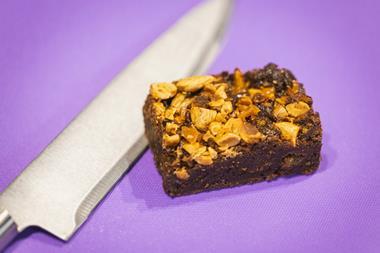
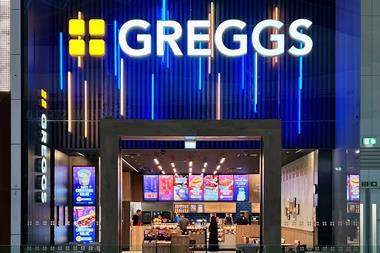


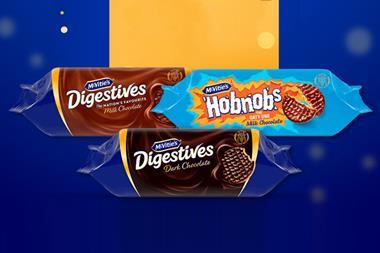
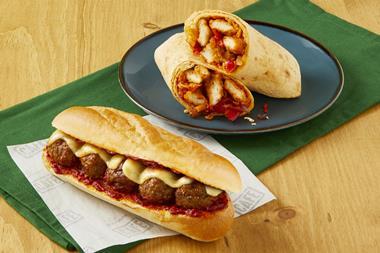
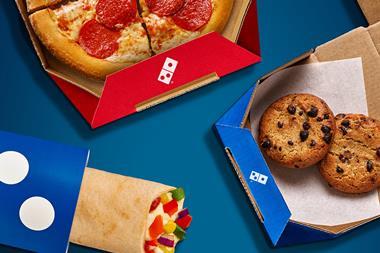

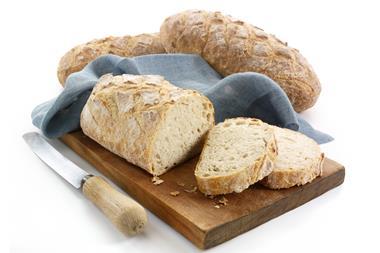

No comments yet